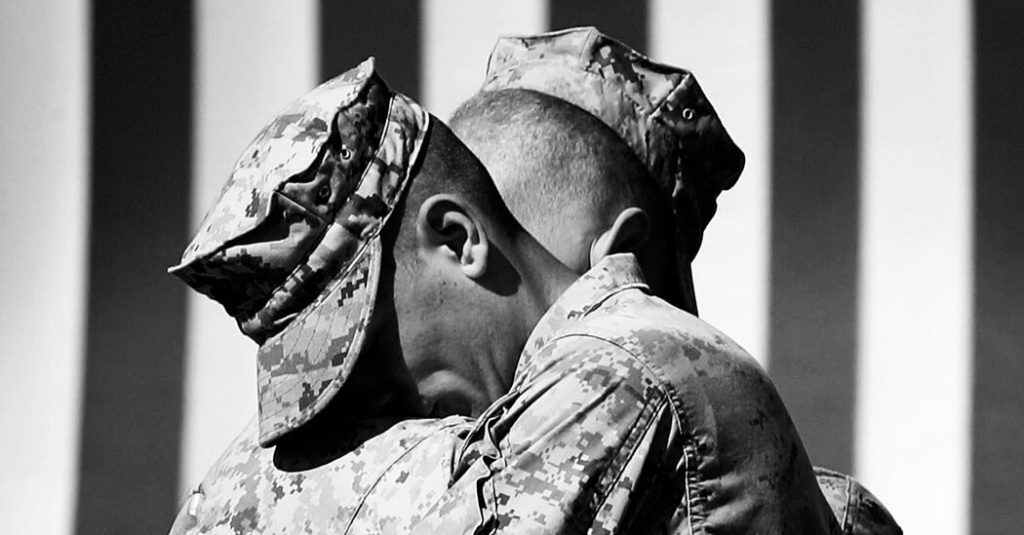During times of war, death does not interrupt the passage of time. Instead, it appears to accelerate, as the chaos and brutality of war intensify the sense of urgency and fleeting nature of life. The constant threats and dangers of war create an atmosphere of constant tension and anxiety, where every moment is filled with uncertainty and fear. The normal rhythm of life is disrupted, and time seems to pass by quickly, as individuals struggle to survive in the midst of conflict and violence.
The impact of death in war is profound, as it not only affects the individuals who lose their lives, but also has a ripple effect on those left behind. Families are torn apart, communities are devastated, and entire societies are changed forever by the loss of so many lives. The sheer scale of death in war can be overwhelming, as the death toll rises and the true cost of conflict becomes painfully clear. The relentless cycle of violence and destruction takes a heavy toll on everyone involved, leaving a trail of devastation in its wake.
The acceleration of time in war can be disorienting, as days blend together and memories become blurred in the chaos of battle. Soldiers and civilians alike are forced to confront their mortality on a daily basis, as they face the constant threat of death and injury. The relentless pace of war can make it difficult to process the full impact of what is happening, as individuals are forced to focus on survival and self-preservation in the face of danger and uncertainty. Time seems to slip away, as the urgency of war consumes every moment.
The acceleration of time in war can also have a psychological impact on those involved, as the constant stress and trauma of conflict take a toll on mental health and well-being. The heightened sense of danger and fear can lead to anxiety, depression, and PTSD among those who experience the horrors of war firsthand. The constant exposure to death and destruction can be overwhelming, as individuals struggle to cope with the emotional and psychological toll of war. Time may seem to move quickly, but the scars of war can last a lifetime.
The experience of war and death can be a catalyst for reflection and introspection, as individuals grapple with the fragility of life and the harsh realities of conflict. The sudden and unexpected nature of death in war forces individuals to confront their own mortality and the fleeting nature of existence. It can be a wake-up call, prompting individuals to reevaluate their priorities and reconsider their choices in the face of such profound loss and devastation. In the midst of war, death becomes a stark reminder of the preciousness of life and the need to cherish every moment.
In conclusion, death in war does not interrupt time; instead, it seems to accelerate, as the chaos and brutality of conflict intensify the sense of urgency and impermanence of life. The impact of death in war is profound, affecting not only the individuals who lose their lives, but also their families, communities, and societies at large. The acceleration of time in war can be disorienting and overwhelming, as individuals grapple with the constant threat of death and injury. The psychological toll of war and death can be immense, leading to long-lasting effects on mental health and well-being. In the face of such devastation, individuals are forced to confront their own mortality and the need to cherish every moment in the midst of conflict and violence.








